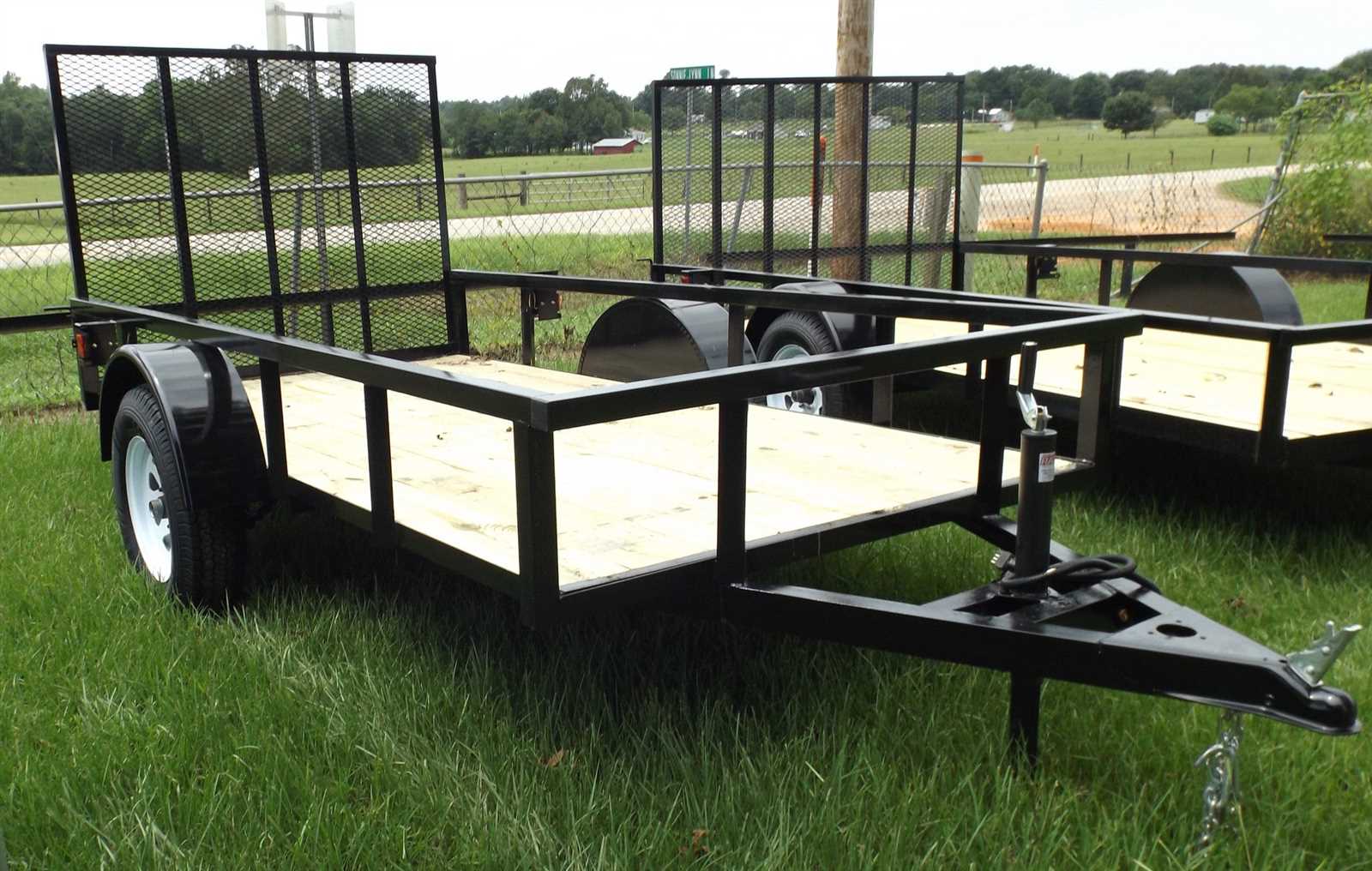Understanding Load Rite Trailer Parts Layout
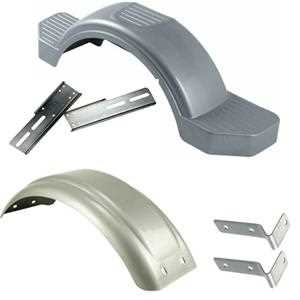
When it comes to efficiently managing and maintaining equipment designed for transporting various loads, a comprehensive overview of its components is essential. Knowledge of the specific elements involved not only aids in proper usage but also ensures longevity and reliability during operation. This section aims to provide a clear representation of these essential elements, highlighting their interconnections and functions.
By familiarizing yourself with the various sections and features of this equipment, you can better understand how each component contributes to overall performance. From connectors to supports, each piece plays a crucial role in facilitating safe and effective transportation. Gaining insight into these aspects is vital for anyone looking to optimize their handling and care of this equipment.
In this exploration, we will detail the arrangement and functionality of these elements, emphasizing the importance of proper assembly. Understanding the layout will empower users to make informed decisions regarding repairs, replacements, and enhancements, ultimately contributing to a smoother operation experience.
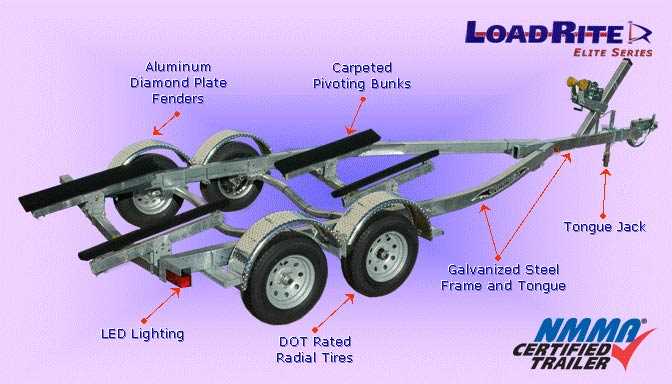
Understanding the key elements of any mechanical assembly is crucial for both maintenance and repair. A well-structured breakdown of each component helps ensure optimal performance and longevity of the system. Below, we explore the core components and their specific roles within the mechanism, providing a clear guide for enthusiasts and professionals alike.
- Frame Structure: The primary foundation that supports and distributes weight evenly, ensuring stability during movement.
- Support System: Comprises various brackets and holders that secure other elements in place, preventing unwanted shifts or damage.
- Electrical Setup: Includes connections and wiring that power lights, signals, and other essential electronics for safe operation.
- Wheel Assembly: Consists of hubs, bearings, and tires that facilitate smooth movement and handle load distribution on various surfaces.
- Safety Mechanisms: Integrated features such as brakes and reflectors that enhance control and visibility in different conditions.
Each of these components plays a significant role in maintaining the integrity and functionality of the overall setup, working together to create a reliable and efficient system.
Common Issues with Trailer Components
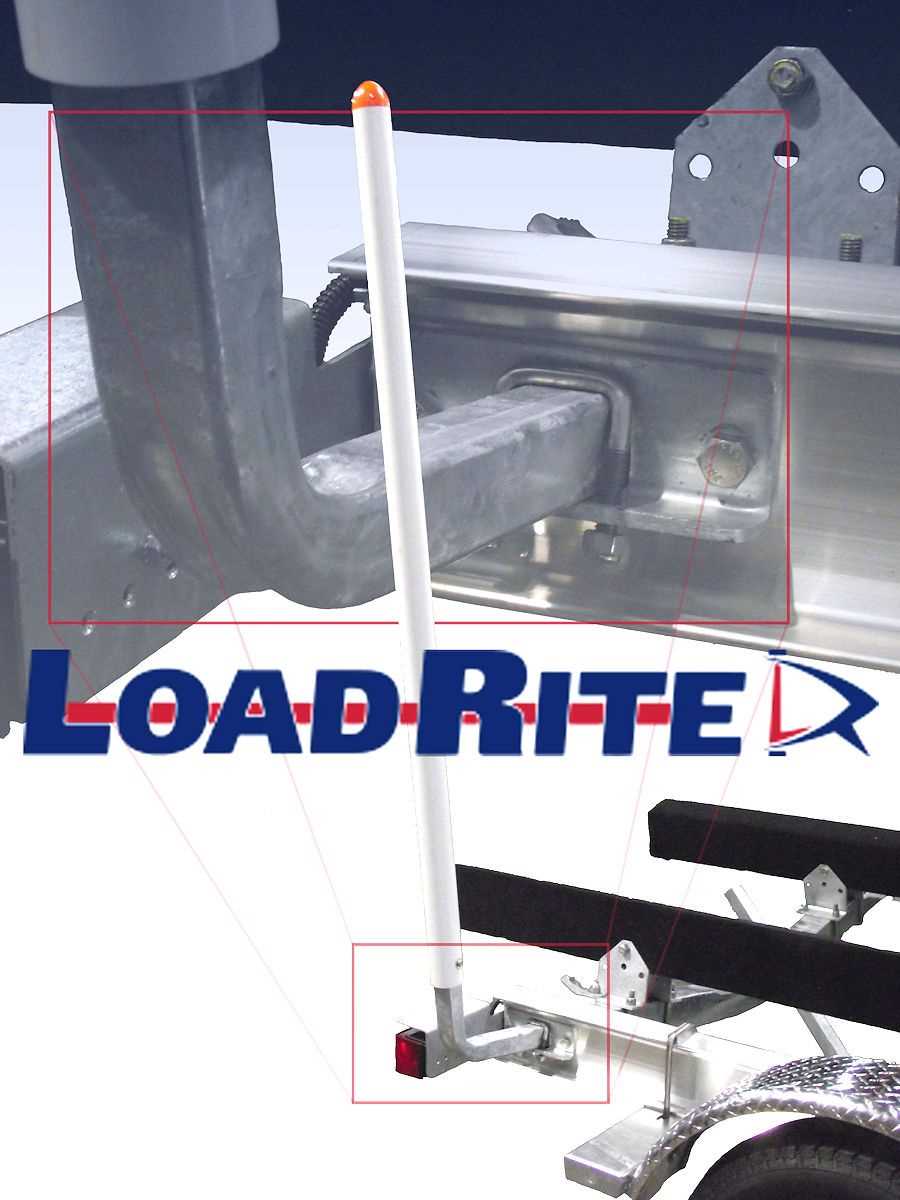
When maintaining vehicle-mounted equipment, it’s essential to understand the typical challenges that can arise with its mechanical parts. Recognizing these issues early can prevent more significant problems and ensure reliable performance during transportation.
One frequent complication is corrosion, especially in areas exposed to moisture. Rust can lead to weakened connections and reduced durability of metal parts. Regular inspection and treatment with protective coatings can help mitigate this risk.
Another common problem involves electrical malfunctions, which often result from damaged wiring or loose connectors. Such issues can affect the lighting system’s functionality, creating potential safety hazards. Proper maintenance of the electrical setup is crucial to avoid these faults.
Lastly, mechanical wear and tear can impact components due to prolonged use or overloading. Bearings, joints, and other moving parts might degrade over time, leading to reduced efficiency and possible breakdowns. Routine checks and timely replacements are vital to keep the equipment in optimal condition.
Maintenance Tips for Load Rite Parts
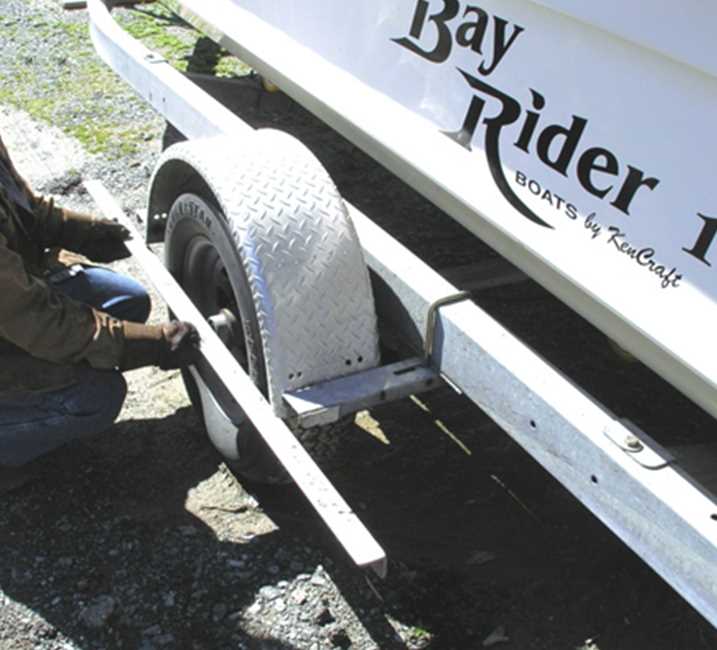
Ensuring the longevity and functionality of mechanical components involves regular inspection and care. Consistent upkeep not only extends the lifespan of these elements but also helps in identifying potential issues before they lead to significant damage.
- Regular Cleaning: Remove dirt and debris from all surfaces to prevent corrosion and maintain smooth operation.
- Lubrication: Apply suitable lubricants to moving sections to reduce friction and prevent wear over time.
- Fastener Inspection: Periodically check all bolts and nuts for tightness to avoid any loosening that might compromise the system’s stability.
- Replace Worn Components: Promptly substitute any damaged elements to maintain optimal performance and safety standards.
- Protective Coating: Use anti-rust sprays or coatings on exposed areas to guard against moisture and environmental effects.
Following these maintenance practices helps to keep your equipment in peak condition, enhancing its performance and durability under various conditions.
Upgrading Your Trailer: What to Consider
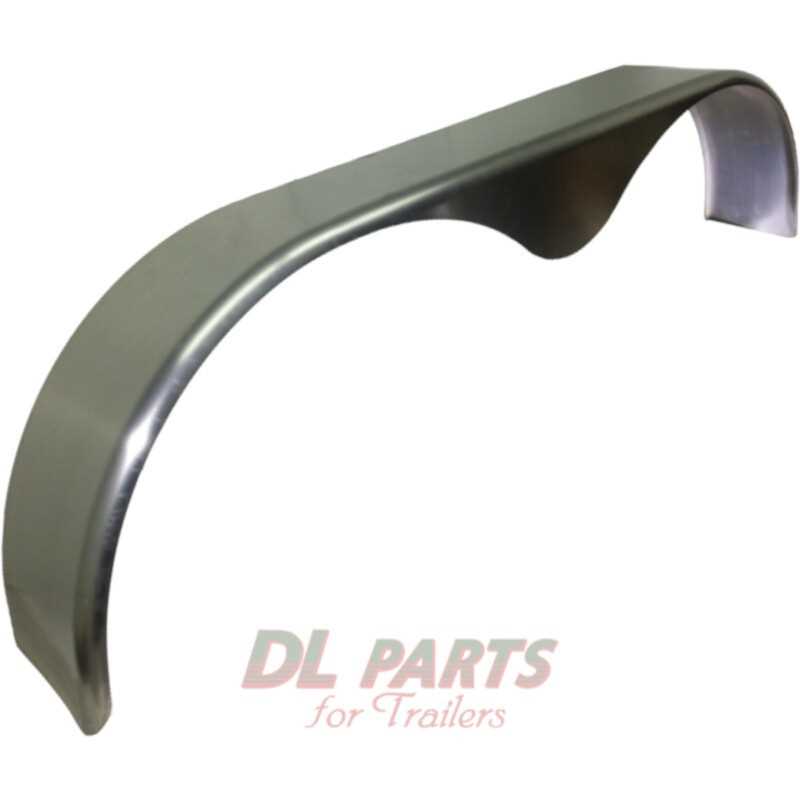
Enhancing your vehicle setup can greatly improve its functionality and adaptability. When planning modifications, it’s essential to evaluate a range of factors to ensure the adjustments are beneficial and align with your needs. Considerations like compatibility, durability, and the specific purpose of the upgrades play a significant role in determining the best course of action.
Assessing Compatibility and Fit
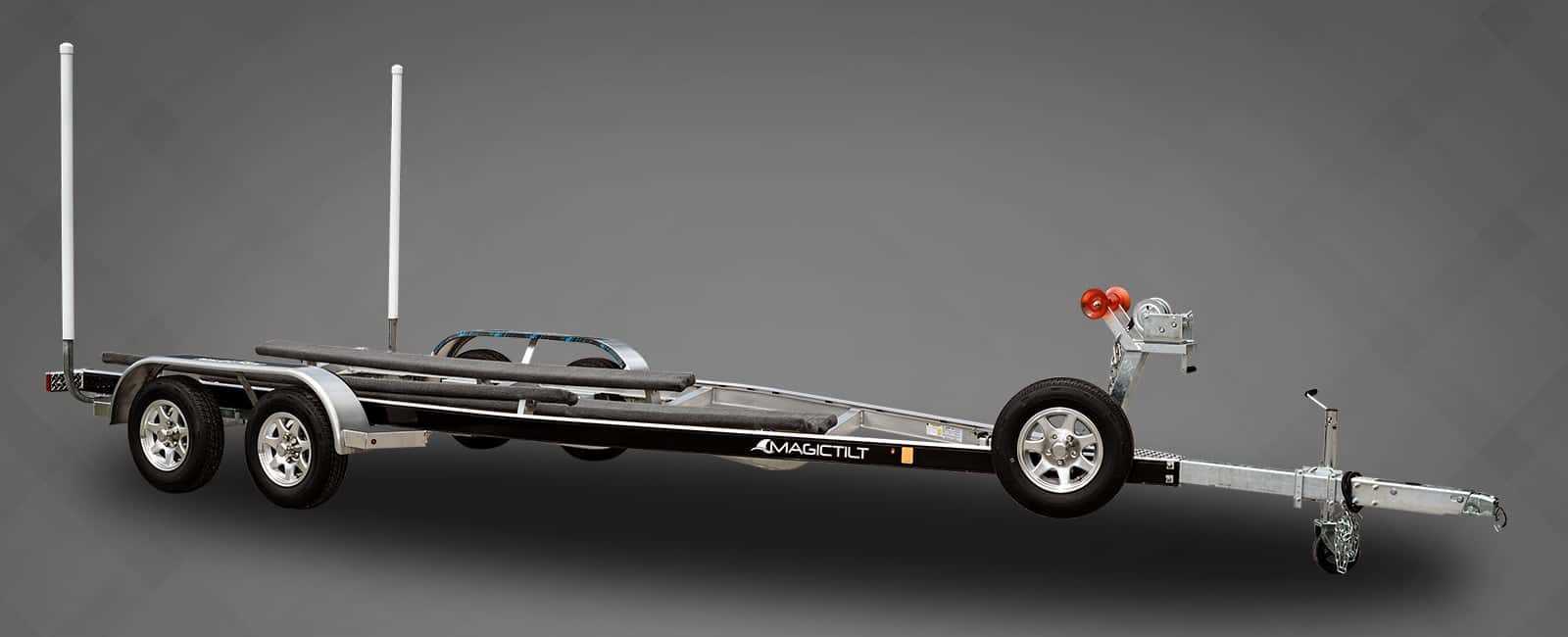
Before implementing any enhancements, check if the new components align well with the existing structure. Ensuring compatibility will help avoid issues that could arise from mismatched elements, which can lead to inefficiencies or even potential damage over time. It’s always wise to measure and compare specifications before making any final decisions.
Focusing on Durability and Material Quality
Quality and longevity are key factors when choosing upgrades. Opt for materials that offer resilience and withstand different conditions, whether you plan to use them in rugged environments or under varying weather patterns. Prioritizing robust materials can lead to fewer maintenance needs and a more reliable overall setup.
Safety Equipment for Load Rite Trailers
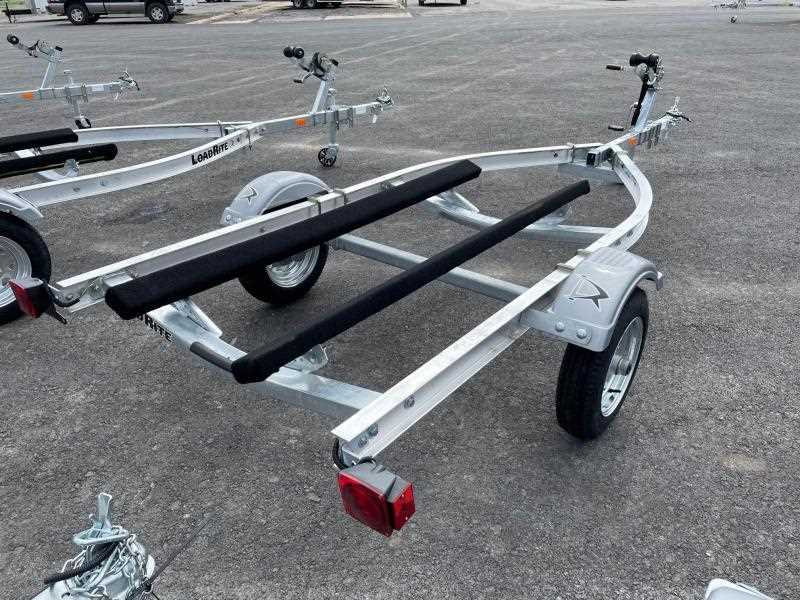
Ensuring proper protective measures is crucial when operating and transporting various types of vehicles or units. A well-equipped setup not only enhances security but also helps prevent potential hazards during usage.
Lighting Systems play a vital role in maintaining visibility in low-light conditions. Properly functioning signal lights, reflectors, and brake indicators are essential to alert other drivers to your presence and actions on the road.
Another key aspect is the braking mechanism. It is necessary to have reliable stopping power to handle sudden situations. This includes regularly inspecting and maintaining all components associated with the braking setup to ensure consistent performance.
Additionally, tie-down straps or fasteners are critical for securing the load firmly. Using durable and adjustable securing methods helps to keep everything in place, reducing the risk of movement that might lead to damage or
Choosing the Right Trailer Accessories
Identifying the appropriate components to enhance your towing experience requires careful consideration of various factors. Understanding the needs of your setup and aligning them with available options ensures smooth operation and optimal performance.
Key Factors to Consider

When selecting add-ons for your transport system, it’s essential to focus on durability, compatibility, and functionality. Prioritize items that provide stability and meet the specific requirements of your equipment to avoid unnecessary adjustments or replacements.
Accessory Comparison Table
| Accessory Type | Benefits | Recommended Use |
|---|---|---|
| Hitches | Provides secure attachment and enhances control | Ideal for long-distance travel or heavy loads |
| Lighting Kits | Improves visibility and ensures road safety | Crucial for night driving and adverse weather conditions |
| Tie-Down Straps | Ensures cargo stability during movement | Best for securing loose or heavy items |
Careful selection of these elements not only boosts the safety of your load but also enhances the efficiency of your setup. Regular checks and timely upgrades can make a significant difference in the performance and lifespan of
Wiring Systems and Electrical Components
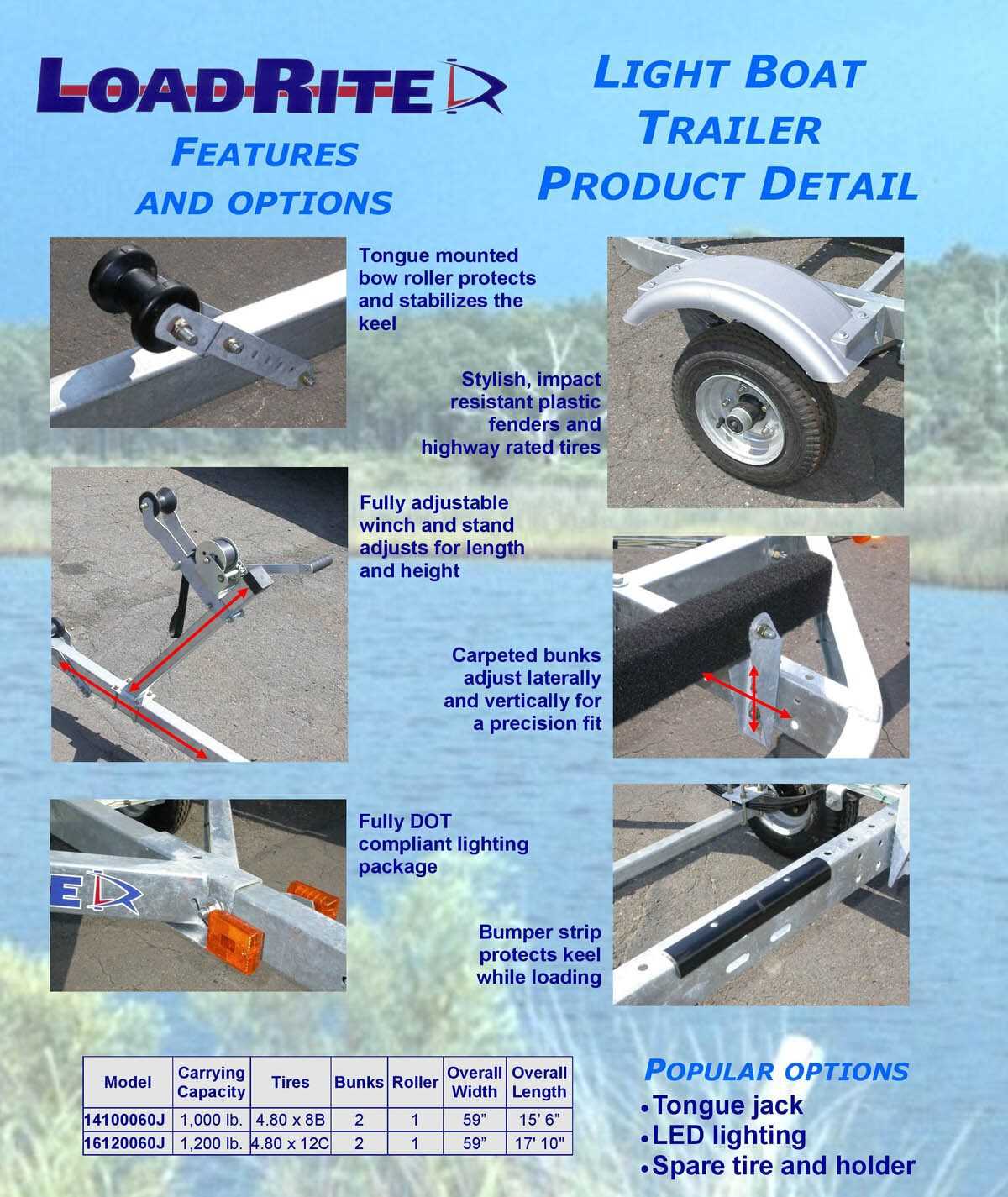
The efficiency of electrical setups relies on a well-organized network of connections. Each component within the system plays a crucial role in ensuring a seamless transfer of power, allowing devices to function reliably under various conditions. Understanding the layout and the role of each part is essential for maintaining the stability and safety of the entire network.
| Component | Description | Function |
|---|---|---|
| Connector | Links various segments of the electrical grid | Facilitates smooth energy flow between devices |
| Fuse | A safety element that prevents overload | Protects the circuit from excessive current |
| Relay | An electrically operated switch | Controls large currents using a smaller input signal |
Load Capacity and Performance Factors
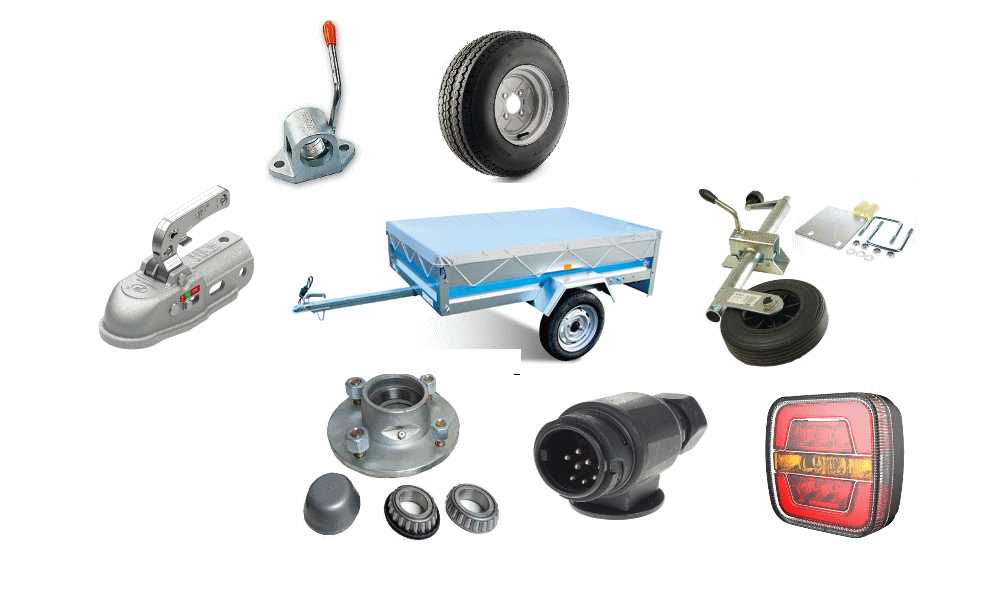
Understanding the carrying potential and how various elements affect performance is crucial when assessing a vehicle’s efficiency. Several dynamic factors influence these characteristics, and evaluating them helps in optimizing the system’s reliability.
Key Elements Influencing Carrying Potential
The ability to handle weight efficiently depends on multiple variables such as structural design, material strength, and distribution mechanisms. Enhancing these aspects can significantly improve overall functionality and extend the lifespan of the setup.
Performance Metrics and Efficiency
Evaluating the performance of any transport equipment involves analyzing various criteria, including stability under different conditions, resistance to wear, and energy consumption. By focusing on these metrics, one can ensure consistent and safe operation under varying workloads.
| Factor | Impact on Efficiency | ||||||
|---|---|---|---|---|---|---|---|
| Structural Integrity | Ensures durability and balanced weight distribution | ||||||
| Material Quality | Affects overall strength and resistance to environmental conditions |
| Section | Description |
|---|---|
| Main Assembly | Details the primary connections that form the core of the equipment, including linkage and alignment specifics. |
| Support Elements | Outlines the stabilizing components that enhance the durability and balance of the overall structure. |
